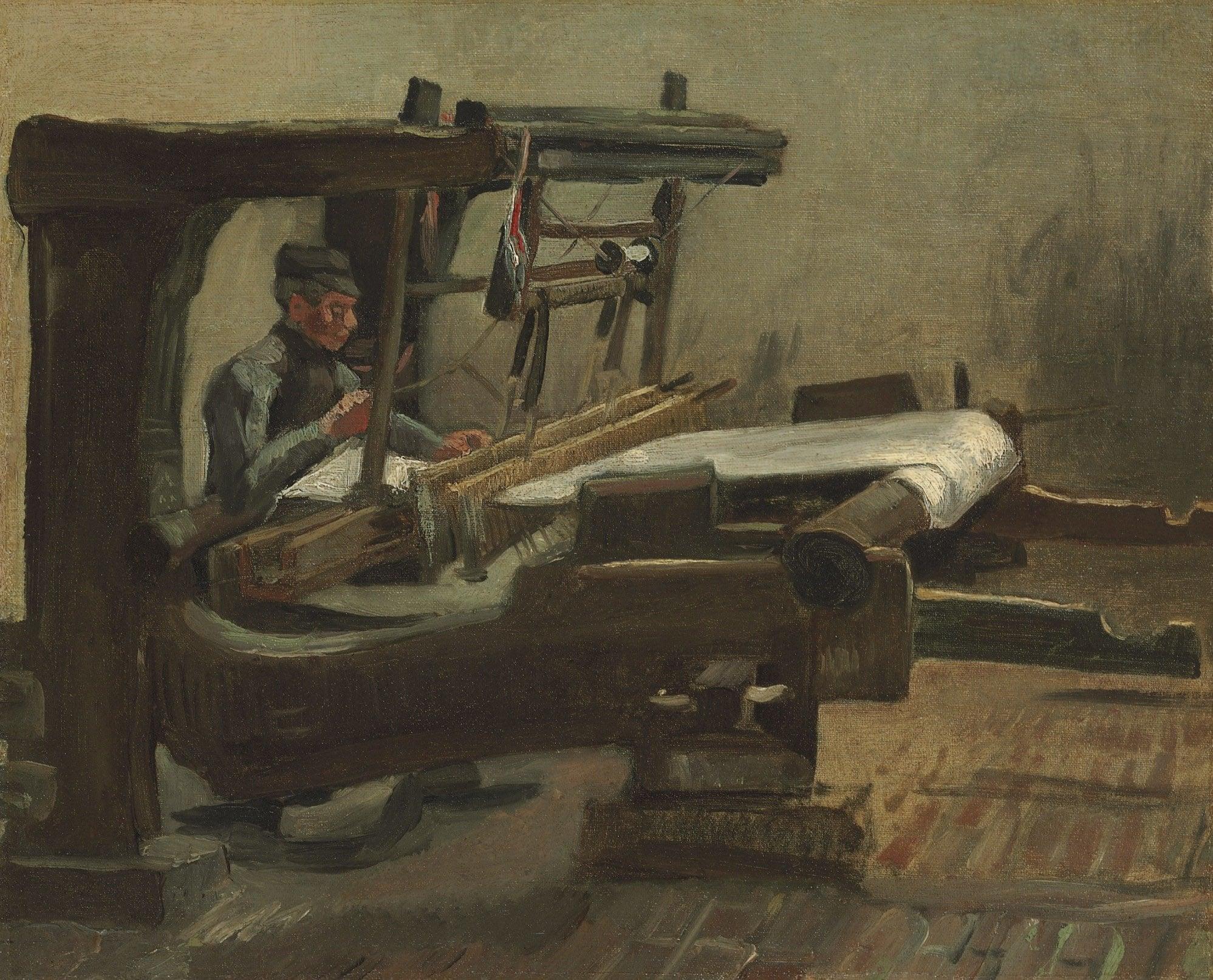Description
The painting "Weaver At The Loom" by Vincent Van Gogh is a masterpiece that represents the artist's ability to capture the beauty of everyday life. This work is a perfect example of Van Gogh's artistic style, characterized by his use of bright colors and bold brushwork.
The composition of the painting is impressive, with the weaver at the center of the image, surrounded by his loom and work tools. The figure of the weaver is rendered in great detail, demonstrating Van Gogh's ability to capture the essence of his subject.
Color is another outstanding aspect of this work. Van Gogh uses a vibrant color palette, including shades of yellow, orange, and red, to create a feeling of warmth and energy in the painting. The shades of blue and green in the background provide an interesting contrast and balance the composition.
The story behind this painting is fascinating. Van Gogh created this work while living in Nuenen, a small town in the Netherlands. During this time, Van Gogh was fascinated by rural life and the people who worked in the fields. This painting is a tribute to the local weavers, who were an important part of the region's economy.
There are some little-known aspects of this painting that are worth mentioning. For example, Van Gogh had originally planned to include a female figure in the painting, but ultimately decided to focus on the male weaver. Furthermore, the painting was first sold in 1903 for just 400 francs, which today would be a relatively low amount for a work of art of this caliber.

